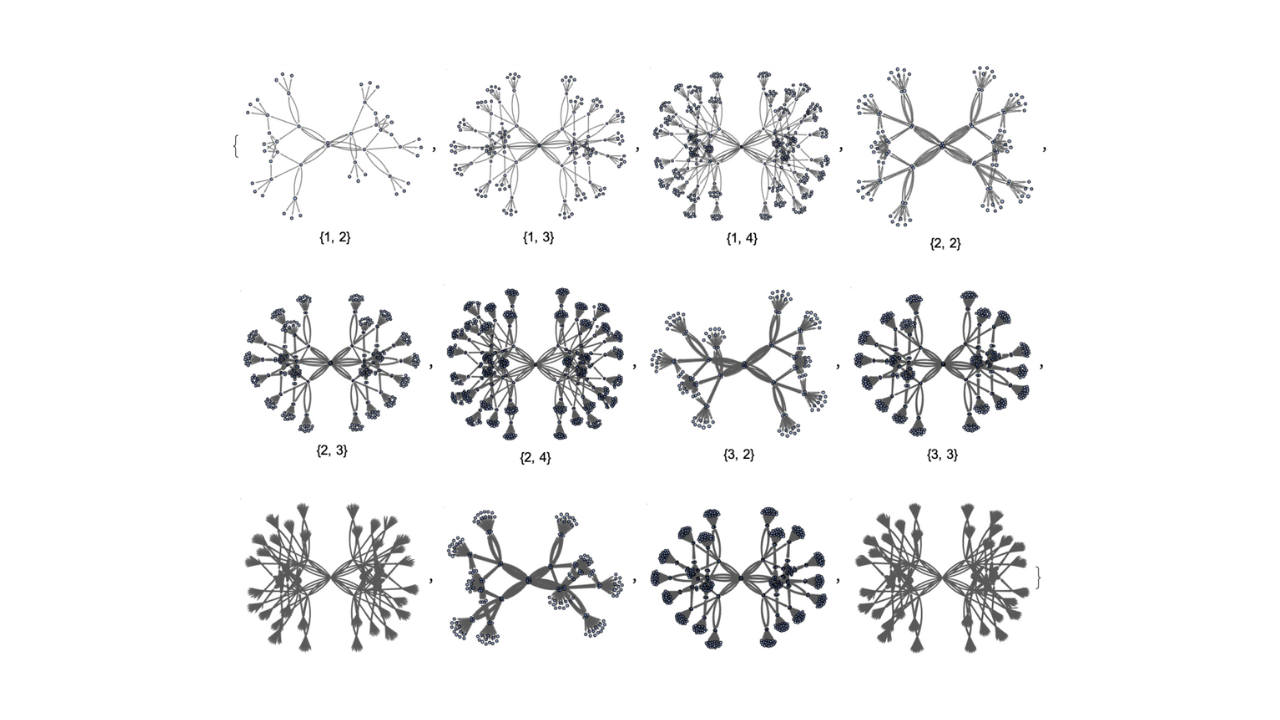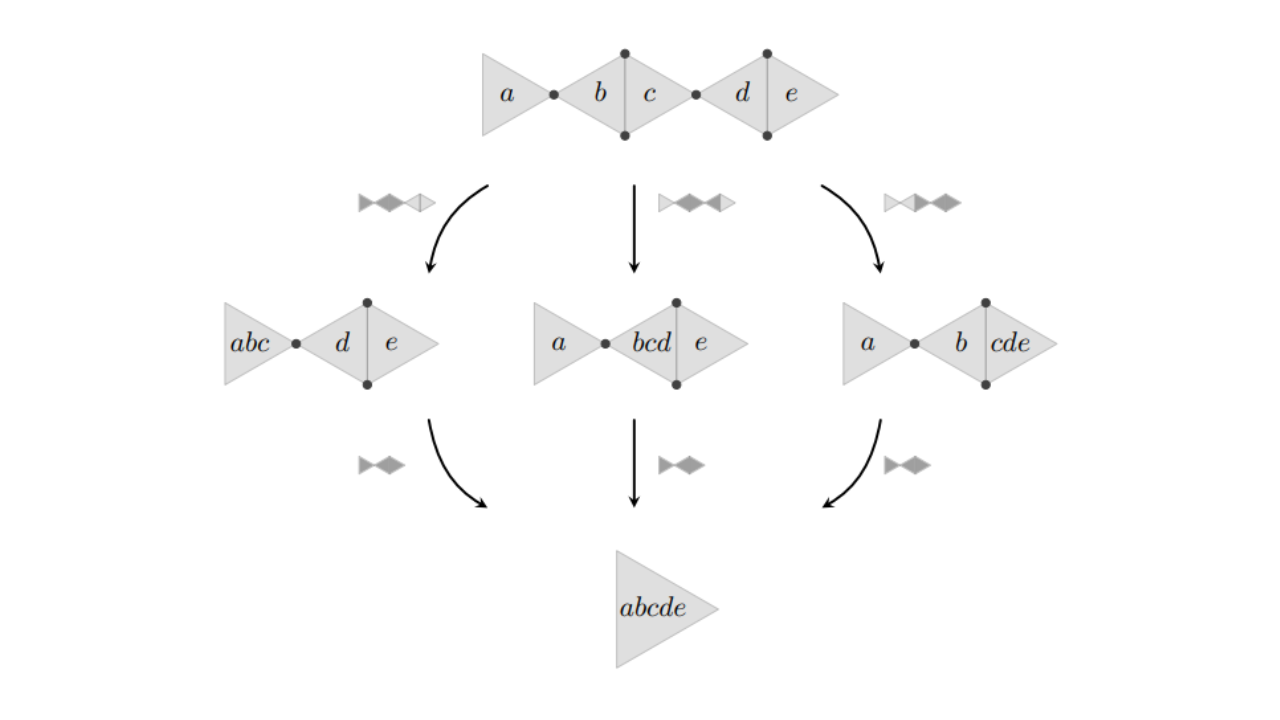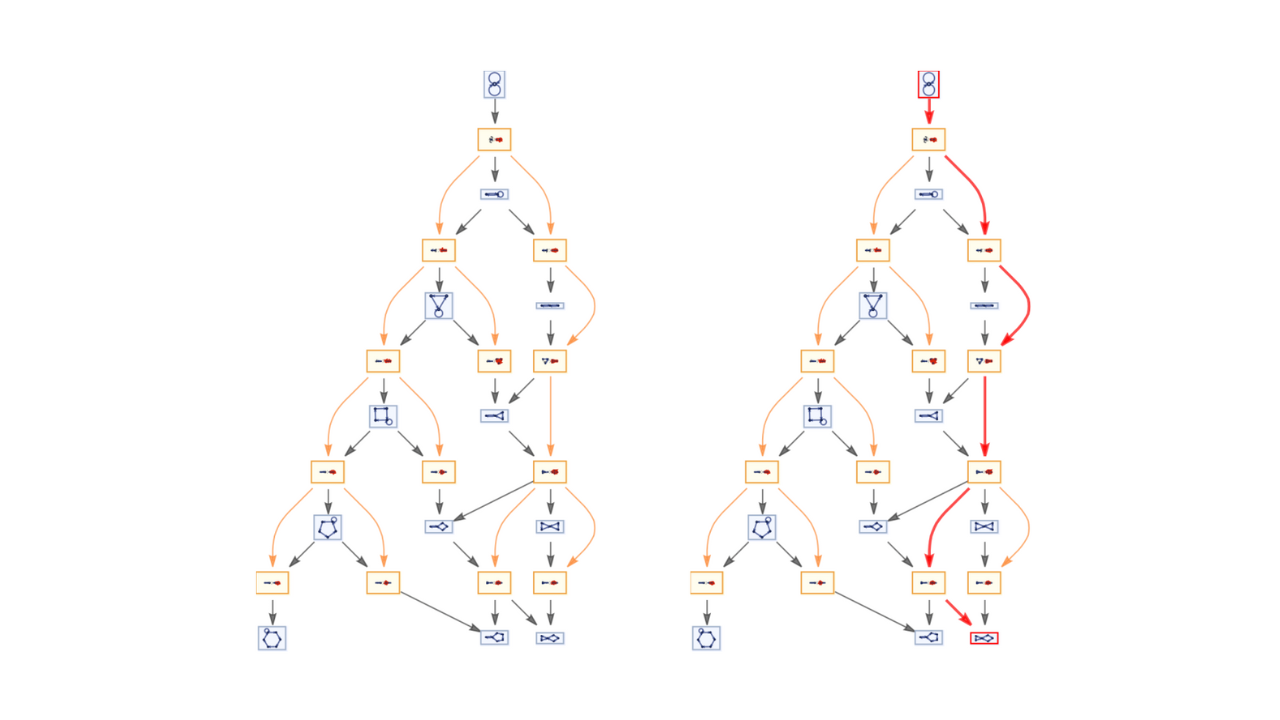Institute Output

Ruliology: Linking Computation, Observers and Physical Law
Dean Rickles, Hatem Elshatlawy, Xerxes D. Arsiwalla
Physical laws arise from the sampling of the Ruliad by observers (including us). This naturally leads to several conceptual issues, such as what kind of object is the Ruliad? What is the nature of the observers carrying out the sampling, and how do they relate to the Ruliad itself? What is the precise nature of the sampling? This paper provides a philosophical examination of these questions, and other related foundational issues, including the identification of a limitation that must face any attempt to describe or model reality in such a way that the modeller-observers are included.

Hypermatrix Algebra and Irreducible Arity in Higher-Order Systems: Concepts and Perspectives
Carlos Zapata-Carratalá, Maximilian Schich, Taliesin Beynon, Xerxes D. Arsiwalla
Hypergraph and hypermatrix methods are applied to detect irreducible interactions in higher-order systems.

Diagrammatic calculus and generalized associativity for higher-arity tensor operations
Carlos Zapata-Carratalá, Xerxes D. Arsiwalla, Taliesin Beynon

The Physicalization of Metamathematics and Its Implications for the Foundations of Mathematics
Stephen Wolfram
One of the many surprising (and to me, unexpected) implications of our Physics Project is its suggestion of a very deep correspondence between the foundations of physics and mathematics. We might have imagined that physics would have certain laws, and mathematics would have certain theories, and that while they might be historically related, there wouldn’t be any fundamental formal correspondence between them.
But what our Physics Project suggests is that underneath everything we physically experience there is a single very general abstract structure—that we call the ruliad—and that our physical laws arise in an inexorable way from the particular samples we take of this structure.

Fast Automated Reasoning over String Diagrams using Multiway Causal Structure
Jonathan Gorard, Manojna Namuduri, Xerxes D. Arsiwalla

ZX-Calculus and Extended Wolfram Model Systems II: Fast Diagrammatic Reasoning with an Application to Quantum Circuit Simplification
Jonathan Gorard, Manojna Namuduri, Xerxes D. Arsiwalla

How We Got Here: The Backstory of the Wolfram Physics Project
Stephen Wolfram
I’ve been saying it for decades: “Someday I’m going to mount a serious effort to find the fundamental theory of physics.” Well, I’m thrilled that today “someday” has come, and we’re launching the Wolfram Physics Project. And getting ready to launch this project over the past few months might be the single most intellectually exciting time I’ve ever had. So many things I’d wondered about for so long getting solved. So many exciting moments of “Surely it can’t be that simple?” And the dawning realization, “Oh my gosh, it’s actually going to work!”

Finally We May Have a Path to the Fundamental Theory of Physics… and It’s Beautiful
Stephen Wolfram
It’s unexpected, surprising—and for me incredibly exciting. To be fair, at some level I’ve been working towards this for nearly 50 years. But it’s just in the last few months that it’s finally come together. And it’s much more wonderful, and beautiful, than I’d ever imagined.
